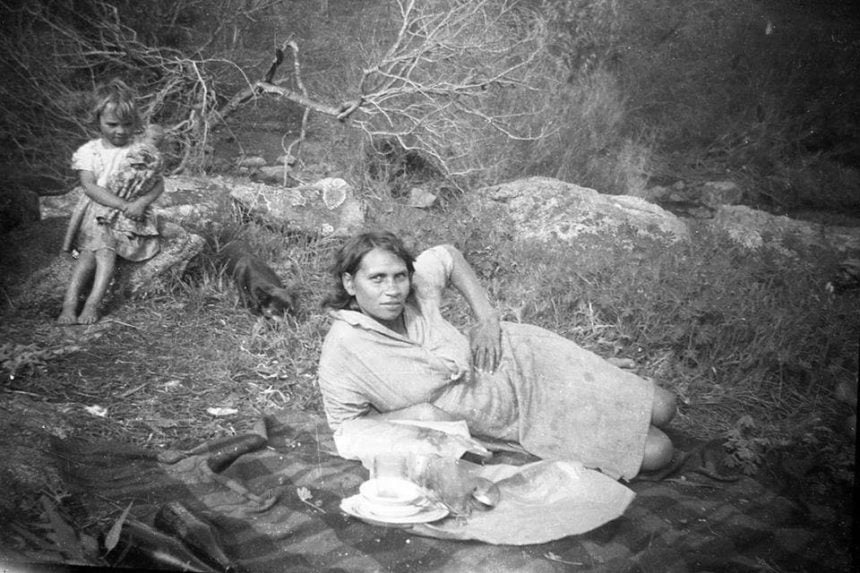
Finding Freedom & Diversity in Community
Finding Freedom & Diversity in Community Refugee Week is a time to honour the courage and resilience of people who have sought refuge, and to celebrate the strength of inclusive…
This website may not work correctly in Internet Explorer. We recommend switching to a more secure modern web browser such as Microsoft Edge which is already installed on your computer.
Today, 13 February, is an opportunity to reflect on the anniversary of the 2008 National Apology to Australia’s First Nations People in the House of Representatives by former Prime Minister Kevin Rudd.
In his address, Mr Rudd apologised for the past laws, policies and practices that have impacted on Australia’s First Nations People, particularly members of the Stolen Generations. The motion was supported by the Opposition and passed through both houses of Parliament.
On the day, many members of the Stolen Generations gathered in the Chamber to hear the Apology and thousands more filled the Great Hall of Parliament House and flowed out onto the lawns to watch it on giant screens. The Apology was broadcast across the country and was warmly received by millions of Australians.
Apology Day was a landmark moment in Australian history and our collective reconciliation journey. On this day every year, we reflect on the intergenerational trauma caused by the past policies of the Australian Government and how this continues to impact Aboriginal and Torres Strait Islander Peoples today.
As I gaze upon this poignant photo below of my Great Grandmother Jessie Kelly and my Grandmother Gladys Clinch, nee Kelly, a flood of emotions washes over me. It’s a snapshot frozen in time, capturing a moment of innocence and joy before their lives were forever altered by the cruel machinery of the Stolen Generations.
The Stolen Generations
The Stolen Generations were the Aboriginal children who were forcibly removed from their families and placed in institutions and missions, including Moore River, Carrolup and New Norcia here in Western Australia (WA).
Most often it was the lighter skinned children who were taken away to be assimilated into white society. Their Aboriginality was methodically stripped away, and children were punished for talking in language, or simply mourning their lost families.
The first recorded removal of a Noongar child in the Swan River Colony was in 1833. Lt, Governor Irwin wrote to his superiors in London after the execution of Noongar Elder, Midgegooroo, and discussed his intentions on the fate of his eight-year-old son Billy.
“The child has been kept in ignorance of his father’s fate and it is my present intention to retain him in confinement and by kind treatment I am in hope from his tender age he may be (accustomed) to civilised habits, as to make it improbable he would revert to a barbarous life when grown up.”
Bringing Them Home Report
Between 1995 and 1997 there was an inquiry which looked into the removal of Aboriginal children from their families. The Bringing Them Home Report handed its findings to the Federal Government on 26 May, 1997, which led to Sorry Day one year later.
The Report found that from 1910 to 1970, the number of Aboriginal and Torres Strait Islander children removed from their families was between one-in-three, and one-in-10.
As an organisation, Communicare is committed to meeting the aspirations of our Innovate Reconciliation Action Plan (RAP) and supporting First Nations communities on whose lands and waterways we live and work.
Alira Kelly, Director Aboriginal Strategy and Capacity Building
*Please note, the people in this picture are now resting
*Permission to share
